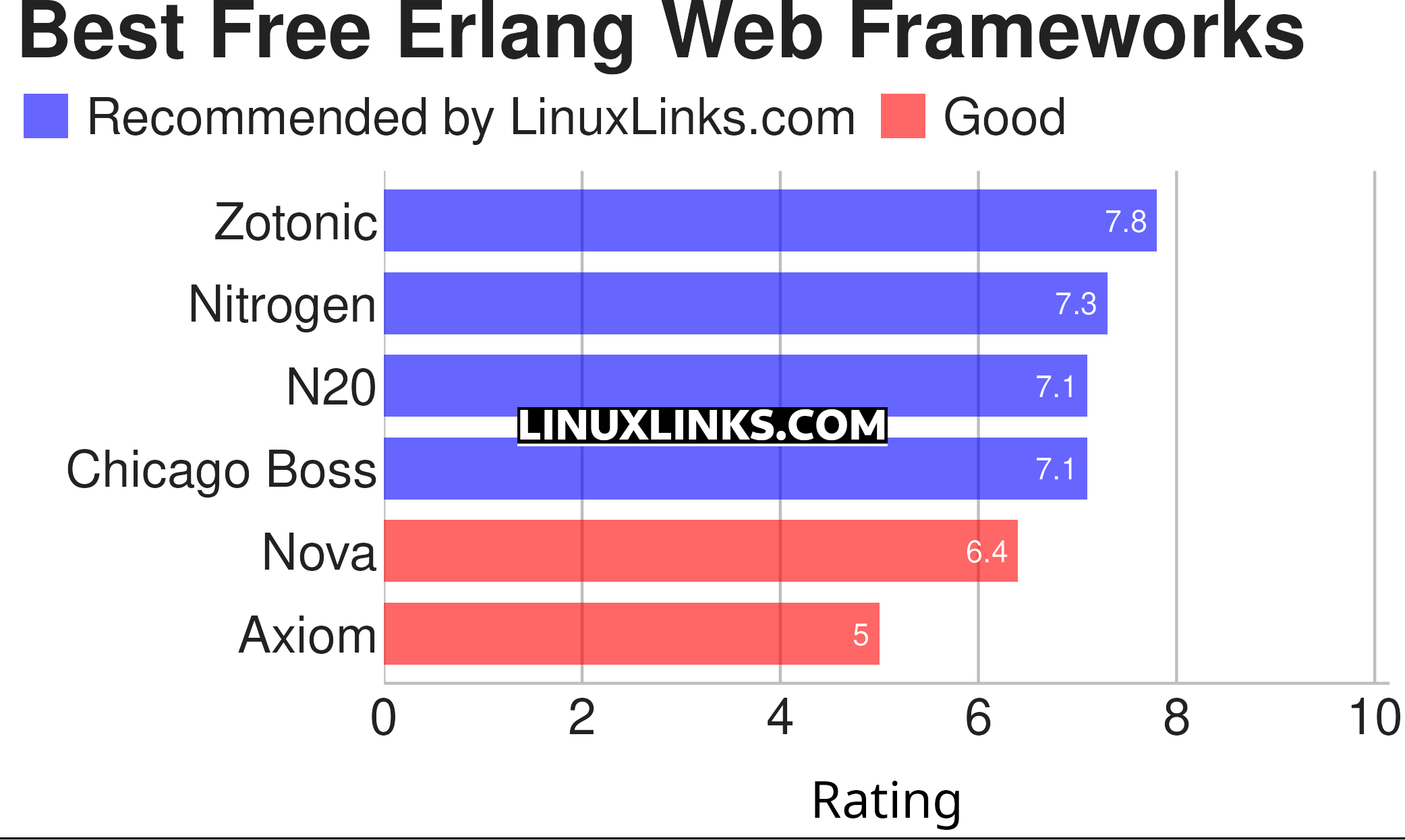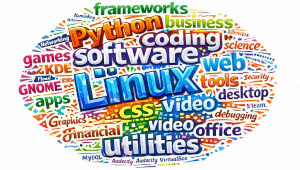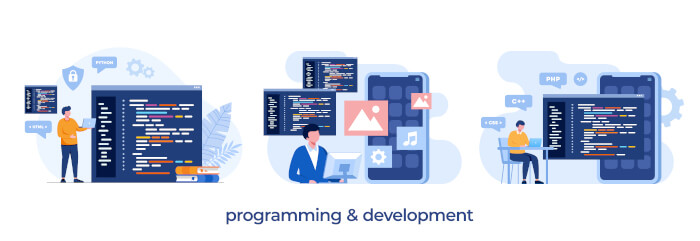One of the types of software that’s important for a web developer is the web framework. A framework “is a code library that makes a developer’s life easier when building reliable, scalable, and maintainable web applications” by providing reusable code or extensions for common operations. By saving development time, developers can concentrate on application logic rather than mundane elements.
A web framework offers the developer a choice about how to solve a specific problem. By using a framework, a developer lets the framework control portions of their application. While it’s perfectly possible to code a web application without using a framework, it’s more practical to use one.
Erlang is a general-purpose, concurrent, declarative, functional programming language and runtime environment developed by Ericsson, a Swedish multinational provider of communications technology and services. Erlang is dynamically typed and has a pattern matching syntax. The language solves difficult problems inherent in parallel, concurrent environments. It uses sets of parallel supervised processes, not a single sequential process as found in most programming languages.
Here’s our verdict captured in a legendary LinuxLinks-style ratings chart. Only free and open source software is eligible for inclusion.

Let’s explore the 6 Erlang web frameworks. For each program we have compiled its own portal page, a full description with an in-depth analysis of its features, together with links to relevant resources.
| Erlang Web Frameworks | |
|---|---|
| Zotonic | Web framework and content management system |
| Nitrogen | Develop interactive web applications in full-stack Erlang |
| N20 | Embeddable message protocol loop library |
| Chicago Boss | Offers all the conveniences of modern web development, including Comet |
| Nova | Build a fault-tolerant and distributed web application |
| Axiom | Micro-framework for web applications |
This article has been revamped in line with our recent announcement.
 Read our complete collection of recommended free and open source software. Our curated compilation covers all categories of software. Read our complete collection of recommended free and open source software. Our curated compilation covers all categories of software. Spotted a useful open source Linux program not covered on our site? Please let us know by completing this form. The software collection forms part of our series of informative articles for Linux enthusiasts. There are hundreds of in-depth reviews, open source alternatives to proprietary software from large corporations like Google, Microsoft, Apple, Adobe, IBM, Cisco, Oracle, and Autodesk. There are also fun things to try, hardware, free programming books and tutorials, and much more. |

